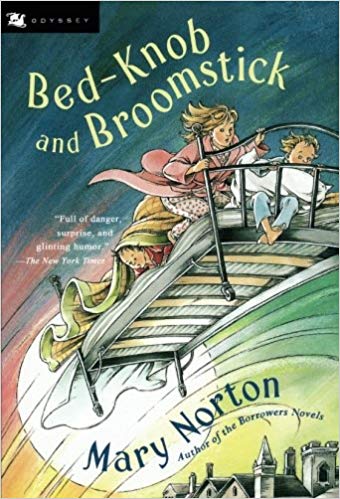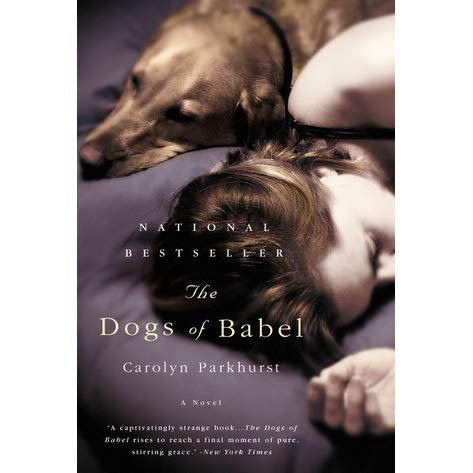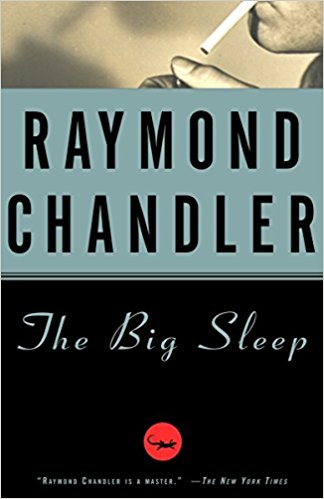
The Lightning Dreamer
Margarita Engle (Young Adult Historical Fiction)
In a country where both men and words are closely guarded, it is the poet who proved to be the boldest and most daring abolitionist. Gertrudis G mez de Avellaneda (nicknamed Tula) is thirteen and enjoying her last year of personal freedom in Cuba. When she turns fourteen, she will be sold into matrimony to the highest bidder and her mother will use the proceeds from her marriage to buy more slaves. Tula abhors slavery and often feels enslaved herself by a society that denies her an education, the right to vote, or the freedom to choose when and whom she will marry. But Tula suddenly finds light in her dark world when she discovers the convent’s library. Here, in a dusty corner, lies forbidden words of hope, rebellion, and the promise of freedom from a rebel-poet by the name of Jos Mari Heredia.
The Lightning Dreamer is a work of historical fiction and is based on the life of Gertrudis G mez de Avellaneda, a poet and playwright known as one of the world’s most influential female writers. Written entirely in free verse, this story switches between numerous points of view to allow the reader to see firsthand the profound and unimagined impact that poetry has on its audience. Engle’s work is stunningly vibrant and beautiful and conveys an expansive range of emotions with just a few carefully chosen words. For example, we experience Tula’s heartbreak as she finally resigns herself to a life devoid of freedom and choices: “During those times,/ I find it easy to forget/ that I’m just a girl who is expected/ to live/ without thoughts.” The nuns at the convent see Tula torn between two worlds and offer her the only comfort they can: “In a mother’s eyes,/ she can be only/ a monster of defiance/ or an angel of obedience,/ nothing/ in between.//So, we send her to the library,/ a safe place to heal/ and dream…”
During her lifetime, Avellaneda fought for racial and gender equality and although her ideas were considered shocking at the time, her vision was eventually accepted and Cuban slaves gained their freedom, schools became integrated, and young girls were able to enter into marriage voluntarily and for love. Tula once said, “Books are door-shaped portals carrying me across oceans and centuries, helping me feel less alone.” Engle reminds us of the power behind the written word and the hope, promise, and escape those words offer when nestled between the covers of a book.
Rating: 5/5
* Book cover image attributed to www.goodreads.com









